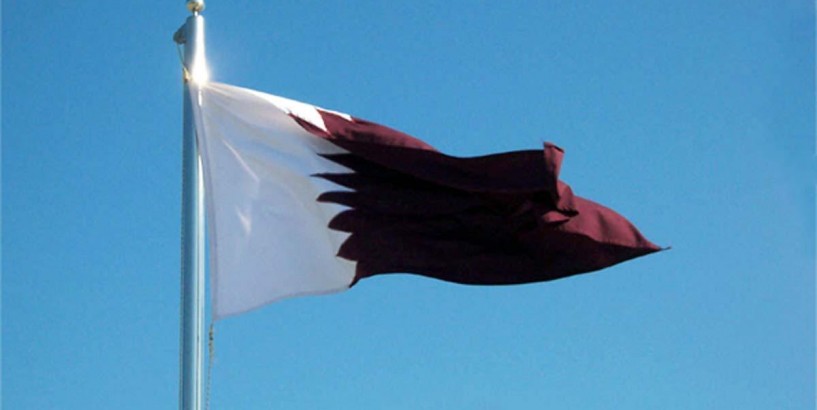World Court rejects UAE demand for immediate measures against Qatar June 14, 2019 at 8:00 pm | Published in: Middle East , News , Qatar Flag of Qatar [File photo] June 14, 2019 at 8:00 pm The United Nations’ highest court for inter-state disputes on Friday rejected a United Arab Emirates request for immediate measures against Qatar in a dispute over alleged discrimination between the Arab neighbours, Reuters reports.
In a 15-1 vote, World Court judges rejected the UAE’s request for immediate action to stop Qatar blocking access to a UAE website that allows Qataris expelled from the UAE to obtain permits to return. By not allowing access to the site, Dubai argued, Doha was aggravating the dispute.
The argument dates from 2017 when the UAE, Saudi Arabia, Bahrain and Egypt imposed a boycott on Qatar, severing diplomatic and transport ties and accusing it of supporting terrorism. Doha denies these claims.
According to Qatar, which filed a case with the International Court of Justice in June last year, the UAE has as part of the boycott expelled thousands of Qataris, blocked transport and closed down the offices of the Doha-based Al-Jazeera news channel.
READ: Two years after the siege on Qatar
But the court on Friday found that the rights claimed do not fall under a U.N. anti-discrimination treaty and do not need to be dealt with by an urgent, summary ruling. They will be ruled on when the case is heard in full, probably next year.
Last July, the court granted provisional measures against Dubai which Qatar requested, arguing that thousands of Qataris had been expelled as part of the boycott which they say breached a U.N. anti-discrimination treaty.
It also ordered the UAE and Qatar “to refrain from any action that might aggravate or extend the dispute before the court”. In Friday’s ruling presiding Judge Abdulqawi Yusuf stressed that those measures remain binding for both parties.
The ICJ is the United Nations venue for legal disputes between states. Its verdicts are binding, but it has no enforcement powers. Final verdicts generally take years and no date was set for the case to be heard in full.
Categories Middle East News Qatar Show Comments









